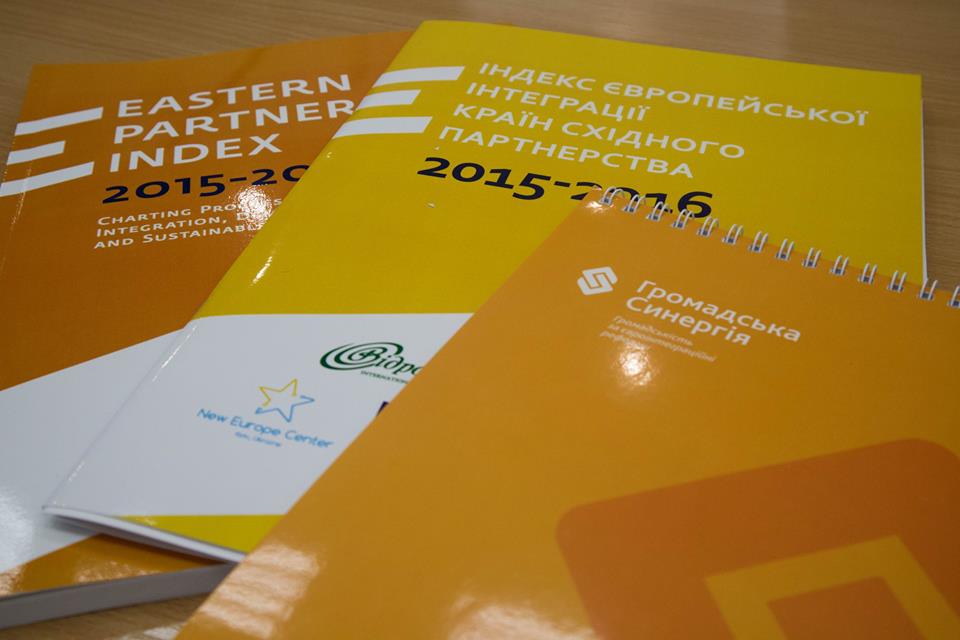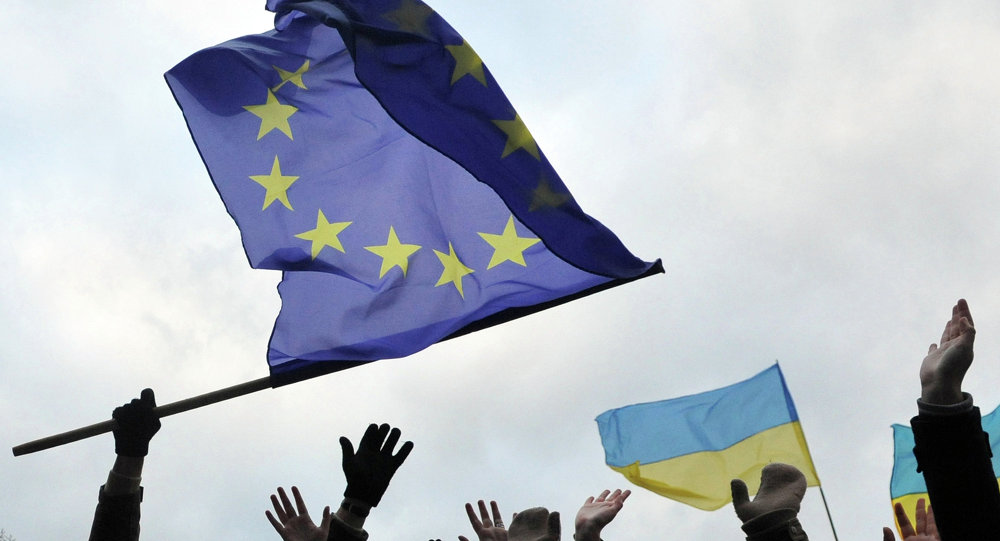A year ago when most of the participants in the consultative referendum in the Netherlands opposed the signing of the Association Agreement with Ukraine, I wrote that this decision was a problem not of Ukrainian but of European politics. At that time many people disagreed with me. In Ukraine it is accepted to blame our own country and to idealize the exterior world. There were many comments that we did not do our job and had failed to explain to the Dutch how great we are. That we have not done enough to fulfill the Association Agreement. That we have not yet conquered corruption and have not become a "real European country."
All this had nothing to do with what is happening. Maybe we could have done more to promote Ukraine and its achievements. Maybe we should not have engaged in any propaganda at all in order to depress the turnout for this referendum.
But the organizers of the referendum have achieved their main goal. They needed to demonstrate the helplessness of the European Union and its institutions and they did.
At the time of the Dutch vote, many thought that Ukraine had become the victim of an unfortunate coincidence. But this was not a coincidence. This was just the beginning. It was followed by the referendum on Britain's exit from the European Union, which was successful for the "Brexit" supporters. Then, Donald Trump, who actively supported this exit and advocated for his country's rejection of multilateral trade agreements, won in the US presidential election. And now there are discussions about the serious structural crisis in the European Union And that a unified Europe must meet the challenge or die.
In fact, we are now witnessing the last clash in history between the supporters of a global world and isolationism. Why the last one? Because the global world with its multilateral agreements was the natural reaction to two world wars. It turned out that peace could be achieved only by common consent. And now, seven decades after the last world war, mankind is again returning to the idea that isolationism is effective. There is nothing surprising about this. And nothing new either.
The only thing that is new are the technologies of war. In a third world war no one will escape -- neither the supporters of globalism, nor the supporters of isolationism. No one will be left to discuss it.
This is why I view the responsibility assumed by the deputies of the lower house of parliament in the Netherlands as the first cautious stop to the "recovery" of Europe and the world. If we can achieve a positive vote in the Dutch Senate and the final ratification of the EU Association Agreement with Ukraine, this will not be simply be the rescue of a document about EU's cooperation with a neighboring country. This will be a chance for Ukraine to find its place in a world where the idea of global cooperation and multi-lateral agreements will win over the isolationist utopia. A world in which the danger of a third world war will be eliminated.
Without such a world, Ukraine will become the ruined vicinity of a neighboring country -- the very same country that today spares no financial or propaganda resources in order to undermine the global world, ruin the European idea and the Euro-Atlantic solidarity, and divide the planet into "spheres of influence" again -- and to go to war for these very spheres without it.
There is no place for Ukraine in an isolationist world. This is why the Dutch vote is so important for us and why it is so important for the European Union to overcome its problems. This is why it is necessary for isolationism in all its forms and interpretations finally to lose.





